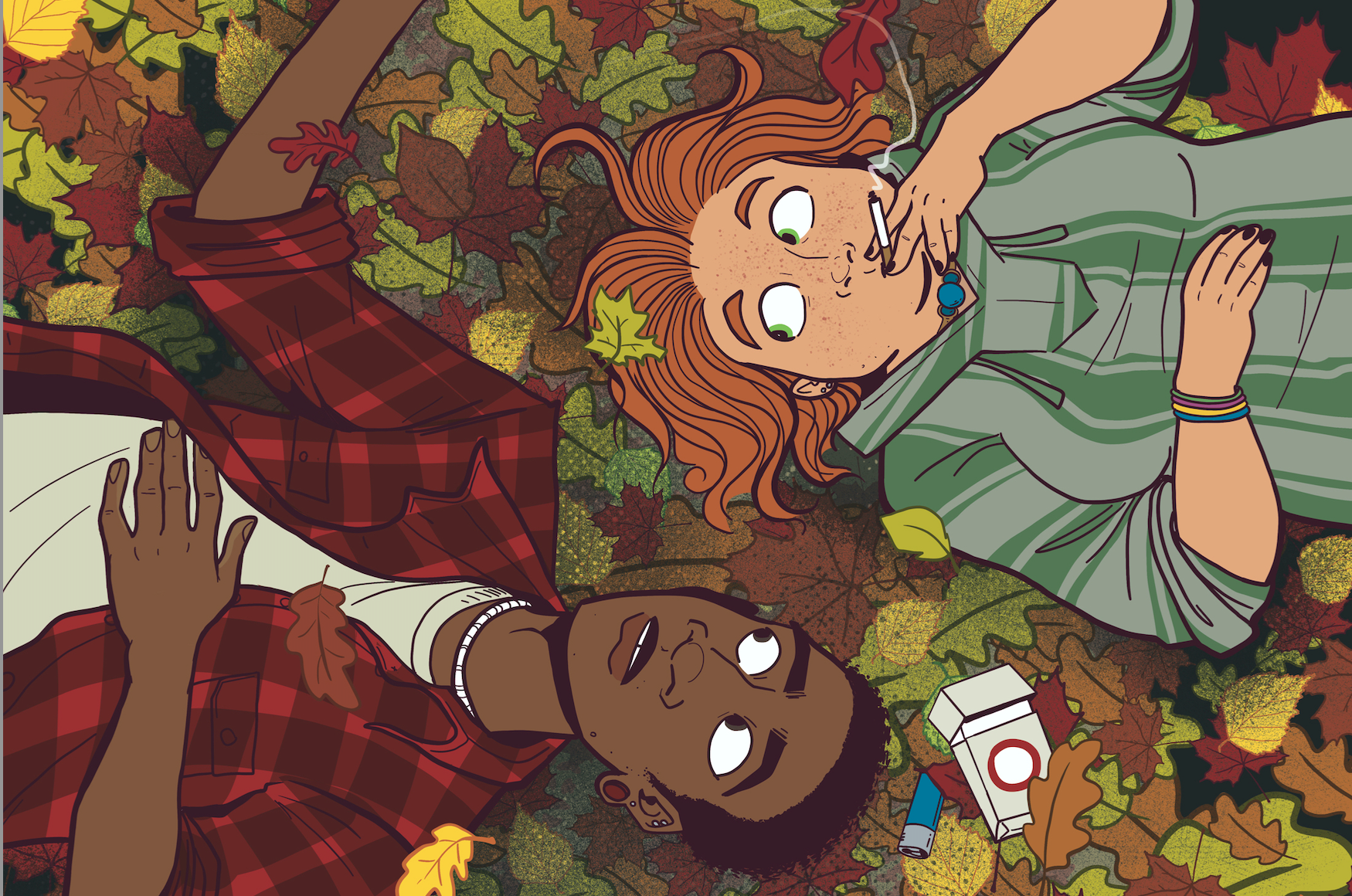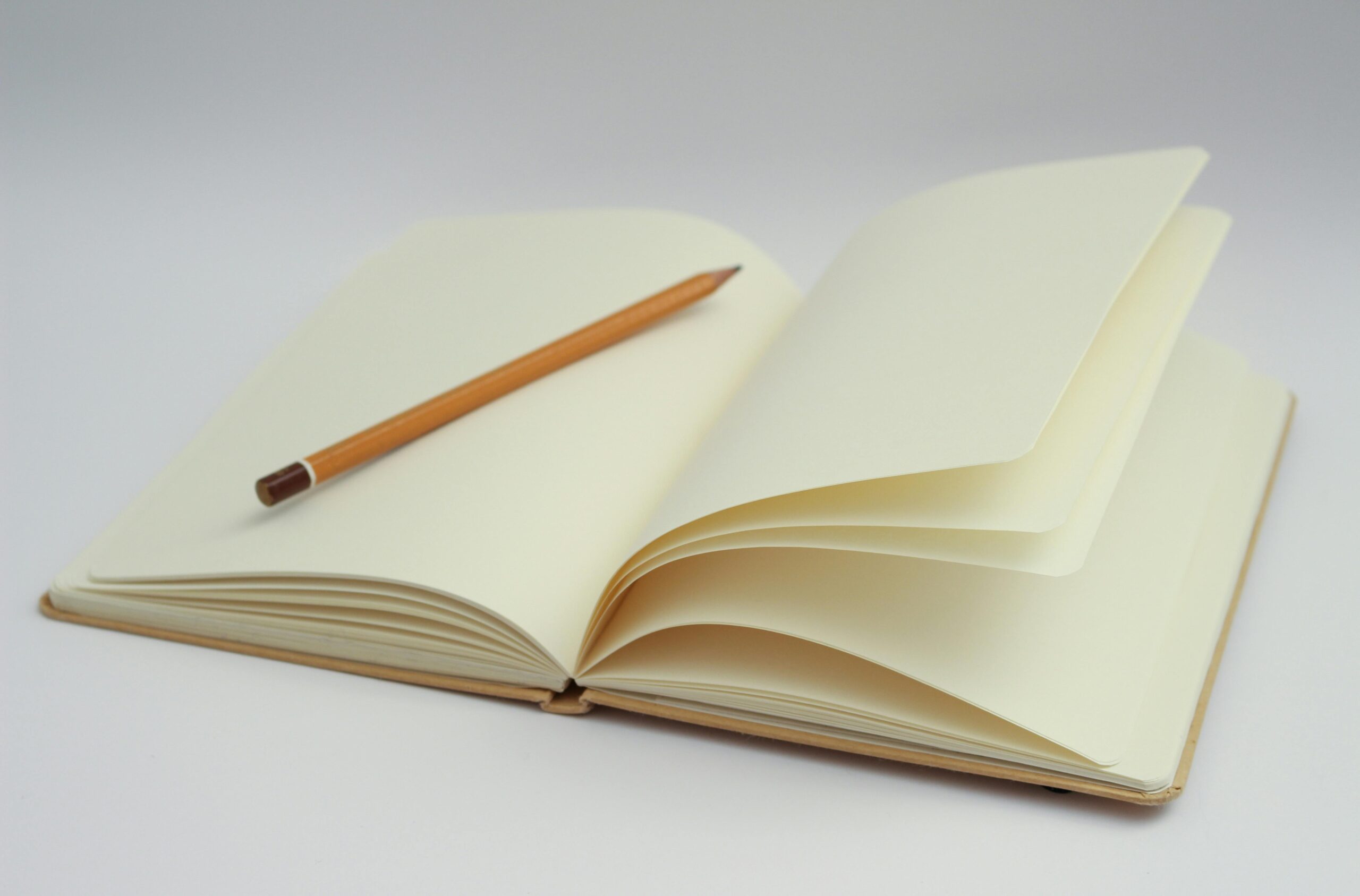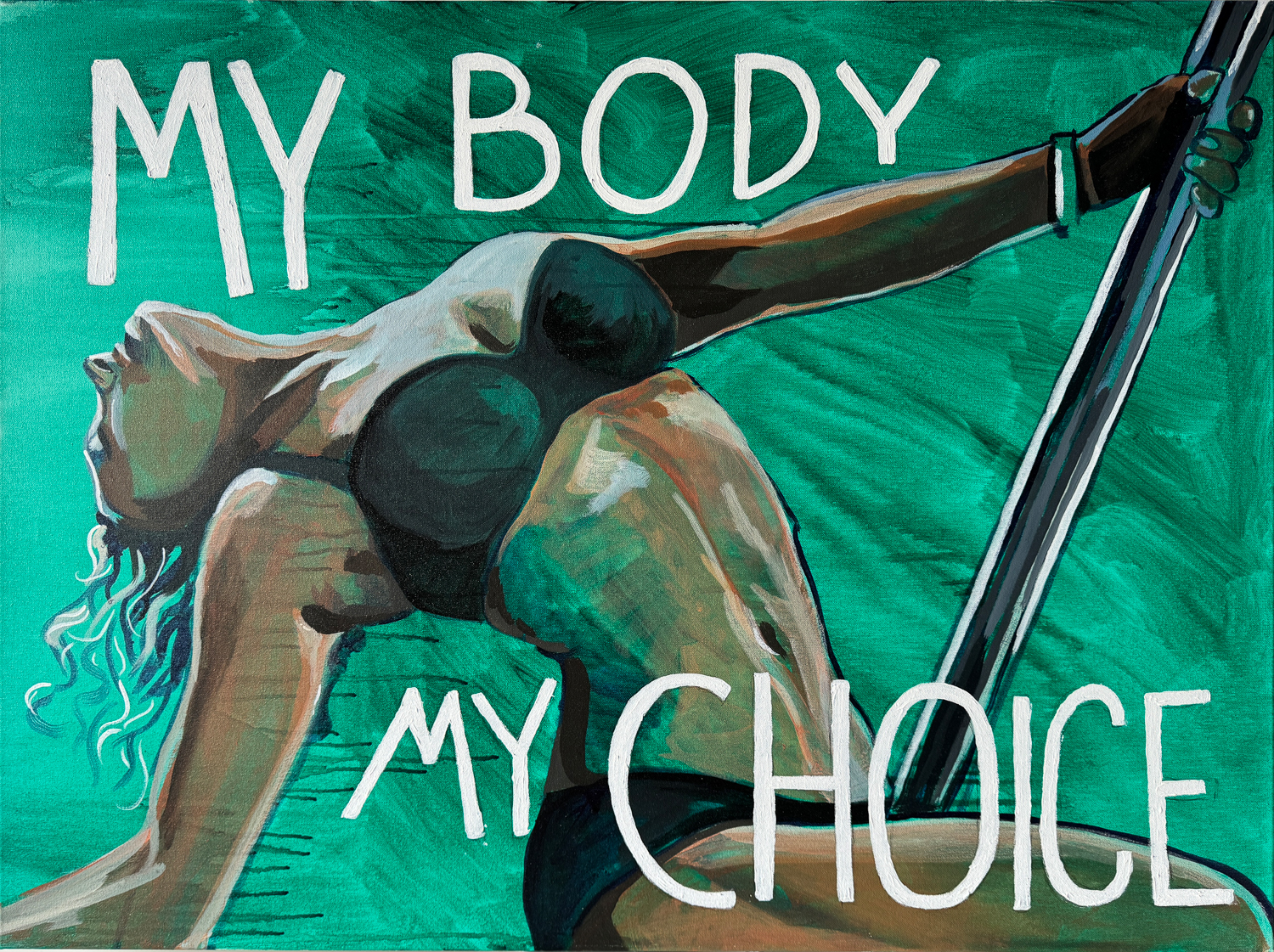
The following excerpt, titled ‘At The Smithsonian’, is an excerpt from Rita Dragonette’s debut novel ‘The Fourteenth Of September’, available for purchase on September 18, 2018.
She was glad to finally get into the bathroom, but just as she was about to sit down she heard an authoritarian male voice yelling, “Any women in here get out now.”
Any women? Surely, he meant any men, Judy thought.
“I said out. There are cops out here. Any women not out by the time I count to three will get arrested.”
She stopped mid-pee and pulled up her pants. They were tight and didn’t come up easily.
“One . . .”
She kept at it, and then her scarf got caught in her zipper. She couldn’t believe it. She had just joked with James about how he could be arrested and now here she was, with her pants down, her scholarship at stake, her mother waiting to say I told you so—
“Two . . .”
She fumbled with the scarf. Two seconds! Her future passed before her eyes: dishonorable discharge, a lifetime as a secretary. Would the army put her in jail for being AWOL? She should have listened to what Pete was trying to tell her about that. Finally, the threads of her scarf broke loose. She zipped up her pants, swung open the stall door, and ran for the door, noticing it no longer had the [temporary] paper [“Ladies”] sign, just the metal plate that said, very clearly, Gentlemen.

She pushed past the guys in line and made it to the exit just as the voice said, “Three.”
She felt a vice clench over her arm. She spun around and stopped dead in front of a cop whose huge hand was holding her entire bicep like it was her wrist.
“I believe the man said ‘Three’ before you cleared that door.”
Next thing she knew, she was in and out of a paddy wagon, marched down a long brightly lit hall, and sitting in a tiny, windowless room at a table next to a sobbing girl of about her age. Another demonstrator, she assumed. She was about to ask, when in one continuous motion, a cop burst in, took two long steps to the table they were sitting behind, threw down a yellow legal pad, and barked at the girl.
“Name.”
He issued the order with pencil poised, expecting immediate obedience. Judy was glad she didn’t have her ID after all. She didn’t think you actually had to give them your name. That would be like incriminating yourself, wouldn’t it? Or did you have to give them your name, and it was the rest you didn’t have to say anything about? Even without the army situation, she had rights, didn’t she?
What was this girl going to do? Judy wondered, turning to her. Right now, all she was doing was gurgling.
“Eyes straight ahead,” he said to Judy.
“Name.”
He said it again louder to the girl, who flinched from its force but didn’t move from her protective position, crouched low in her metal chair, arms below the table top, one hand cupping an elbow, supporting it as she clenched a chunk of hair just below her ear. She pulled at it, just like Marsha.

She was going to crack. Judy could see it coming, and then it would be harder for Judy, too. We both plead the fifth, she imagined saying. Could you do that in a police station, or do you have to wait until you’re in court? Shouldn’t they be offered a lawyer? A phone call? Who would she call? She certainly couldn’t call home? Pete?
Whack. The cop slammed one hand down on the pad, the other still hovering with the pen. Name, rank, serial number, Judy thought. She could do it. That would blow his mind. The girl flinched again. How much smaller could she get?
The cop’s move altered the way the light hit him, harsh overhead fluorescents flashing on silver everywhere—badge, belt, pen, gun. It was blinding. Judy bet it was all on purpose as an interrogation technique.
She couldn’t believe it. Not any of it. How could she have been this stupid? Spending all this effort trying not to call attention to herself and now getting busted and facing a federal crime for using the wrong bathroom. She could tell the cop wouldn’t wait much longer. He wasn’t angry, just expressionless. How did they do that? Judy swore his eyelids weren’t even moving. The girl made a stifled noise, and Judy hoped she wouldn’t cry. He didn’t look like that would work on him at all.
She wondered where they put everyone else? The paddy wagon had been full. The first thing they did was grab IDs. That’s how they had isolated her. The girl must not have one, either.
“No,” Judy said, a little surprised at the sound of her own voice.
“What did you say?”
He immediately switched his attention to her. His eyes were gray, silver-gray, like everything else. For the first time he was mad, kind of shocked, too, she thought, but definitely angry.
Rita Dragonette – The Fourteenth of September (Trailer) from Rita Dragonette on Vimeo.
“We don’t have to tell you our names.”
The girl sat up, fearful but alert. The cop stared at Judy. She felt sweat raining down her sides and brought her elbows in close to sop it up. She waited for him to quote regulations or the Constitution—or something. That’s when she would ask for the lawyer. Yes, that’s what she would do.
But he slammed down his pen, picked it up with the pad in another single motion, and was out the door. They were sealed up again, the stale air seeming to reel around them as if a locomotive had just zoomed through. The girl grabbed Judy’s hand. It was dry as a bone; Judy’s was hot and wet.
“Thank you,” she said. “Just so you know. I would have told him my name. If it weren’t for you, I would have, and my parents would have yanked me out of school and thrown away the key.”
“I wouldn’t get too excited. This isn’t over yet.”
“What do you think is going to happen now?”
“No idea, but I don’t think it’s going to be good.”
Judy felt like she had been trapped in the room for hours. Or did it just seem like that? No clock. Her shirt was soaked. She had a bus to catch. After way too long a time, the door opened again and a short female officer entered. She said she had to search them.


Rita Dragonette is a writer who, after spending nearly 30 years telling the stories of others as an award-winning public relations executive, has returned to her original creative path. “The Fourteenth of September” is her first novel, and she is currently at work on her next three books, a World War II novel based on her interest in the impact of war on and through women, a homage to “The Sun Also Rises” following aging expats on their last dream, and a memoir in essays. Dragonette lives in Chicago, where she hosts literary salons showcasing authors and their works to avid readers.
You can follow her on Twitter, Facebook, and Instagram, and check out her website.
















